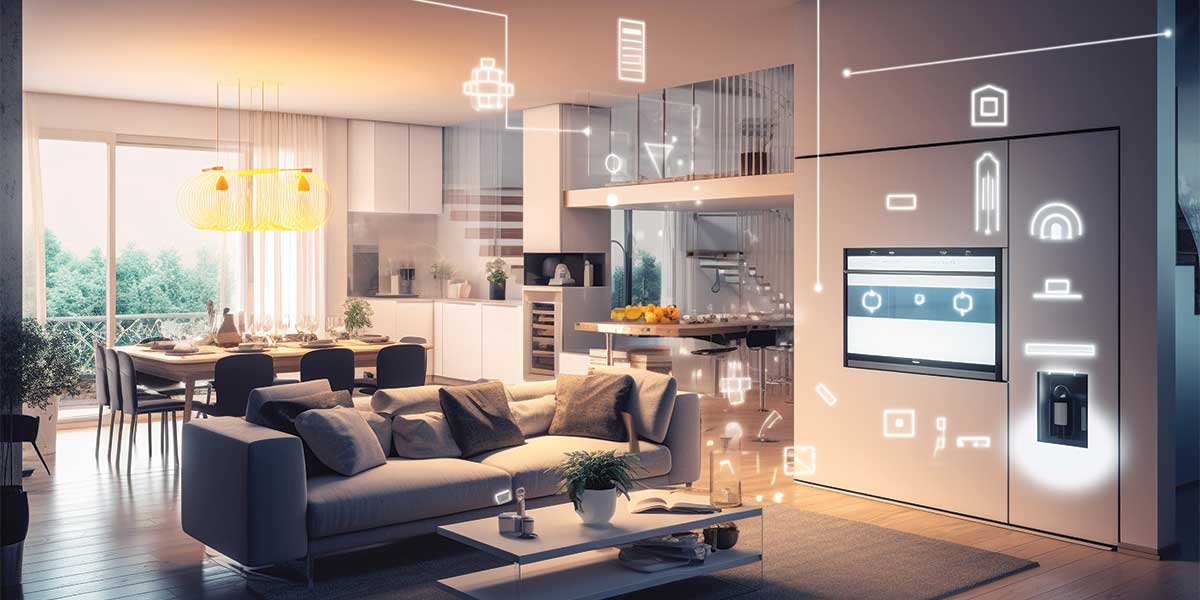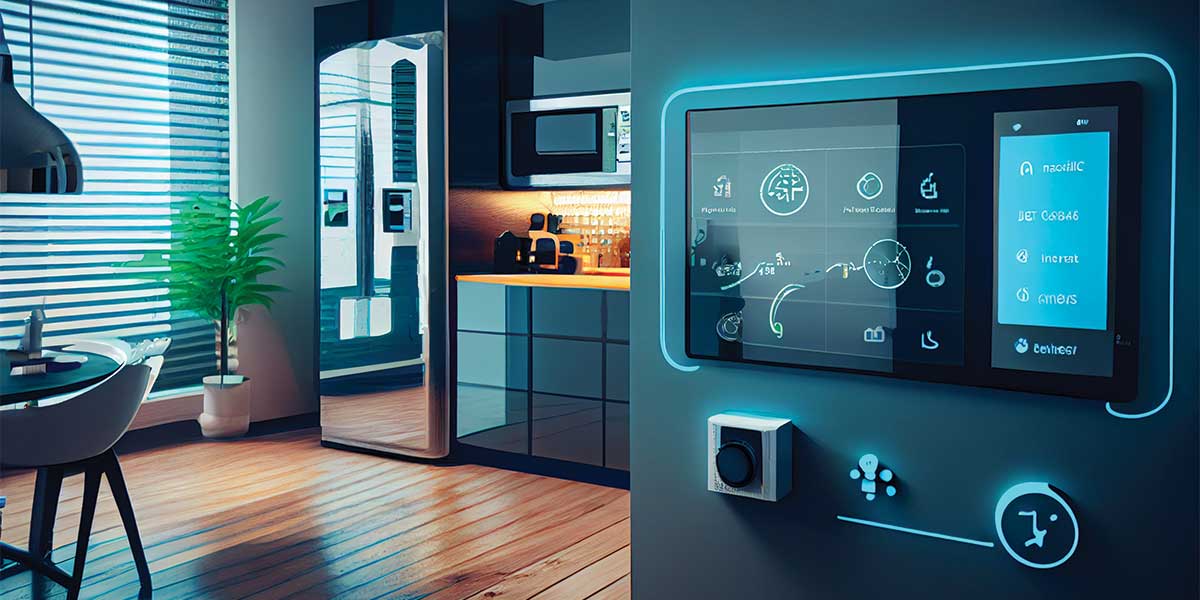How a Home Electrical System Works: The Essential Guide for Every Homeowner
Electricity powers modern life from your morning coffee to the evening Netflix binge. But have you ever wondered how this invisible force travels through your home? Understanding how a home electrical system works is vital for safety, efficiency, and peace of mind. Whether you’re a new homeowner or just want to feel more confident flipping that breaker switch, this guide will walk you through everything you need to know.
The Backbone of Your Home: How a Home Electrical System Works
1. Electricity Generation and Transmission
Every home electrical system starts outside your home. Electricity is produced in power plants through various methods, hydropower, fossil fuels, nuclear energy, wind, or solar and transmitted across a vast network of high-voltage power lines. These lines feed into substations that reduce the voltage before sending it into residential neighborhoods.
2. From the Grid to Your Home: The Electrical Meter
Once electricity reaches your home, it first passes through an electrical meter, a device installed by your utility provider that tracks your energy usage for billing. These meters may be analog or digital (smart meters), and tampering with them is illegal and dangerous.
Key Components of a Home Electrical System
3. The Service Panel (Breaker Box)
The service panel, also called the breaker box, is the heart of your home’s electrical system. It’s usually located in the basement, garage, or utility room. This panel distributes electricity to individual circuits, each protected by a circuit breaker.
Breakers serve as safety switches that “trip” (shut off) during overloads, short circuits, or faults. Proper labeling of each breaker helps you quickly identify which circuit controls which room or appliance.
Pro Tip: If a room suddenly loses power, check the panel for a tripped breaker before calling an electrician.
4. Circuits: Highways for Electricity
Each circuit is a closed loop, channeling electricity from the breaker to outlets, fixtures, and appliances and back again. Circuits can be:
-
Dedicated circuits (e.g., for ovens or HVAC systems)
-
General-purpose circuits (for lights and plugs)
Overloaded or damaged circuits are a fire hazard. Modern systems include Arc Fault Circuit Interrupters (AFCIs) or Ground Fault Circuit Interrupters (GFCIs) to reduce this risk.
5. Wires, Switches, and Outlets
Wires carry electricity through the walls and ceilings of your home. Outlets and switches are the visible endpoints where you plug in or control devices. It’s essential these are correctly grounded and installed by a licensed electrician to meet safety codes.

Ensuring Safety and Efficiency in Your Home Electrical System
6. Proper Wiring Practices
Good wiring prevents accidents. Loose, outdated, or improperly installed wiring can cause shorts, sparks, and electrical fires. Regular inspections by a certified electrician ensure everything is up to code especially in older homes.
Warning Signs of Faulty Wiring:
Flickering lights
Frequent breaker trips
Warm outlets or switches
A persistent burning smell
If you’re unsure whether your home’s system is safe, check out the Electrical Safety Foundation International (ESFI) for detailed electrical safety tips.
7. Upgrading to Energy-Efficient Solutions
Thanks to technological advances, switching to LED lighting, smart thermostats, and ENERGY STAR® appliances can reduce energy consumption dramatically. LED bulbs, for instance, use 75% less energy and last 25 times longer than incandescent bulbs.
Advanced Features and Modern Additions
8. Heavy-Duty Ceiling Fixtures
Installing chandeliers or ceiling fans? Consider ceiling height, load-bearing capacity, and secure electrical box mounting. Improper installation can lead to structural damage or injury.
9. Outdoor and Landscape Lighting
Enhance your home’s curb appeal and safety with low-voltage outdoor lighting, motion sensors, and smart lighting systems. Expert Electric specializes in outdoor setups that are weather-resistant and code-compliant.
Why Professional Help Matters
10. When to Call a Licensed Electrician
Even if you understand how a home electrical system works, some things are best left to the pros. Tasks like rewiring, panel upgrades, and outlet installations require advanced knowledge and tools.
Expert Electric’s licensed electricians can:
-
Troubleshoot flickering lights and faulty switches
-
Upgrade panels for EV chargers and smart devices
-
Ensure your system is ready for high-power appliances
-
Conduct whole-home safety inspections
11. Electrical Maintenance Plans
Routine checkups help avoid costly repairs. Expert Electric offers custom electrical maintenance plans to keep your system running smoothly year-round.
FAQs: How a Home Electrical System Works
Q1: How does power travel inside my home?
Power enters through the main service panel and is routed via circuits to outlets and switches. These are wired in loops to complete the electrical path.
Q2: What’s the difference between a circuit breaker and a fuse?
A circuit breaker is a resettable switch, while a fuse melts when overloaded and must be replaced. Most modern homes use breakers.
Q3: How often should I get my electrical system inspected?
Every 3–5 years is recommended, or immediately if you notice warning signs like frequent outages or buzzing sounds.
Q4: Can I install outlets and light fixtures myself?
While possible, DIY electrical work is risky and may violate local codes. It’s safer to consult with a licensed electrician.
Q5: Why do some outlets have a “reset” and “test” button?
These are GFCI outlets designed to prevent shocks in wet areas like bathrooms and kitchens. Press “test” monthly to ensure functionality.
Final Thought: Knowledge is Power
Understanding how a home electrical system works equips you with the knowledge to keep your home safe, efficient, and future-ready. From panel to outlet, every component plays a critical role. Regular maintenance, code compliance, and modern upgrades can prevent breakdowns and ensure a smooth flow of power throughout your home.
Contact Expert Electric Today
Need help with installation, upgrades, or repairs?
📞 Call Us: 604-681-8338
📧 Email Us: info@expertelectric.ca
Our licensed electricians serve homes across British Columbia with top-rated services in safety, maintenance, lighting, and diagnostics. Let Expert Electric power up your peace of mind.


